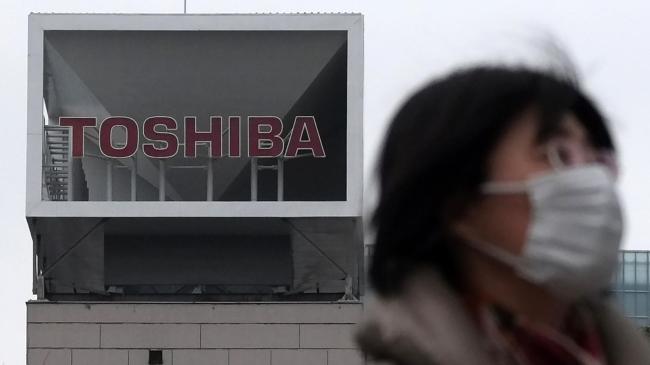Industrials
Toshiba picks Bain, SK hynix, Apple group to sell its memory unit
[THE INVESTOR] After three-month-long negotiations, Japanese conglomerate Toshiba selected a global consortium led by US private equity group Bain Capital to sell its memory business, according to news reports on Sept. 20.
The consortium includes South Korean chipmaker SK hynix and tech giant Apple.
For SK hynix, the world’s fifth NAND flash maker, the group’s acquisition of the Toshiba unit is expected to help raise competitiveness of the chip business.
 |
Toshiba is the second largest NAND provider in the world after Samsung Electronics.
Although Toshiba hasn’t yet made an official announcement, the company is expected to announce the decision on its homepage later Wednesday.
After being selected as a preferred bidder in June, the consortium experienced hurdles to sign an official buying contract due to opposition and a legal dispute between Toshiba and its long-time partner Western Digital.
Some in the industry had viewed WD to finally win over in the contention at least until early this month.
However, Toshiba suddenly leaned towards the Bain group after the bidders offered a combined 2.4 trillion yen ($22 billion), including an additional 400 billion yen for research and development of the memory business.
According to Reuters, WD had failed to agree on limits to the US firm‘s future stake in the chip business that had been demanded by Toshiba.
In their final offer, Bain and SK hynix are said to provide a total of 567.5 billion yen, while Apple is said to offer 335 billion yen.
The Development Bank of Japan is providing loans worth 600 billion yen. The rest of the costs is likely to be covered by several Japanese and US tech companies in the group.
According to Japanese news reports, Bain is to own a 49.9 percent stake in the chip unit, while Toshiba keeps 40 percent. The remaining 10.1 percent is forecast to be owned by a Japanese entity.
By Song Su-hyun (song@heraldcorp.com)








